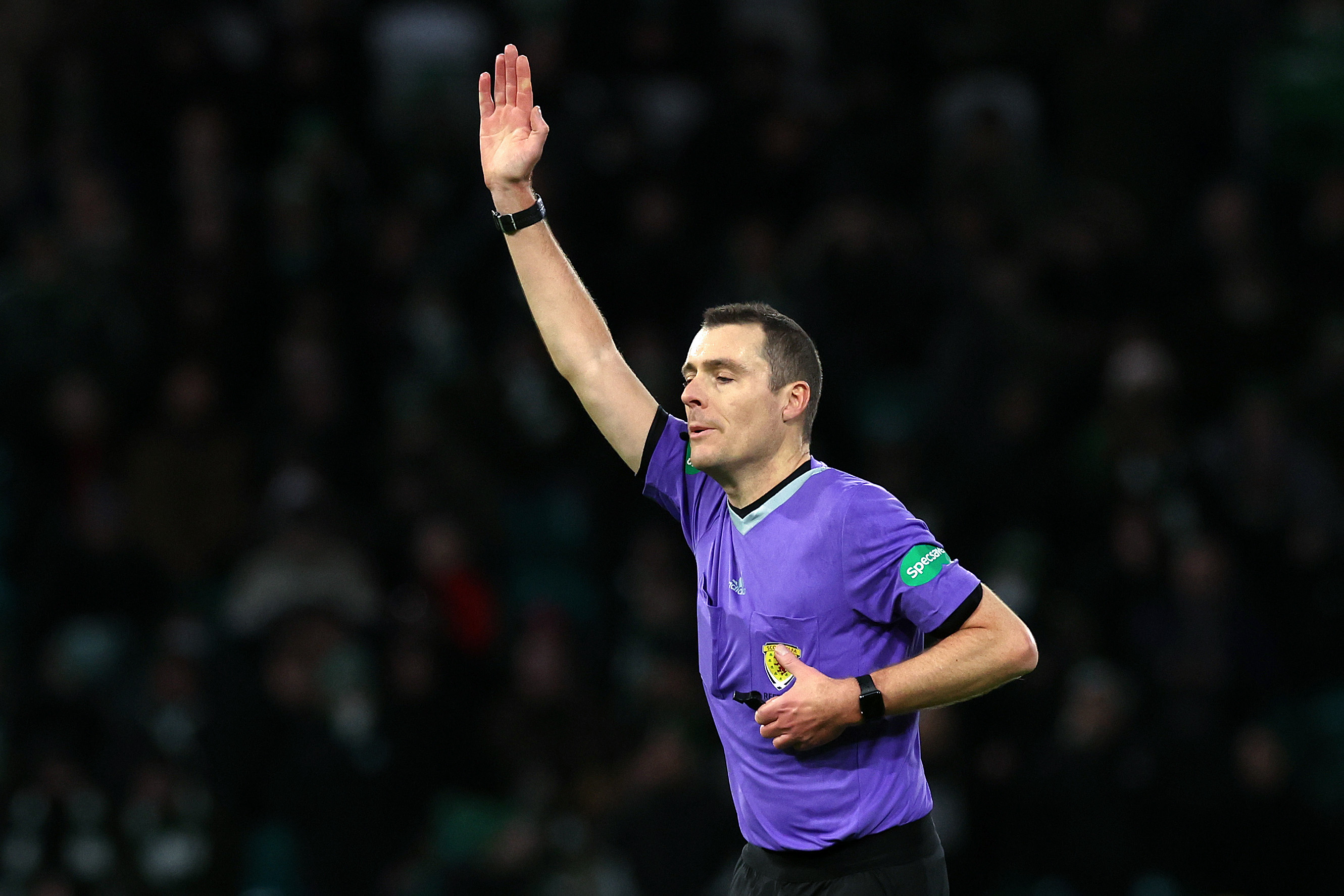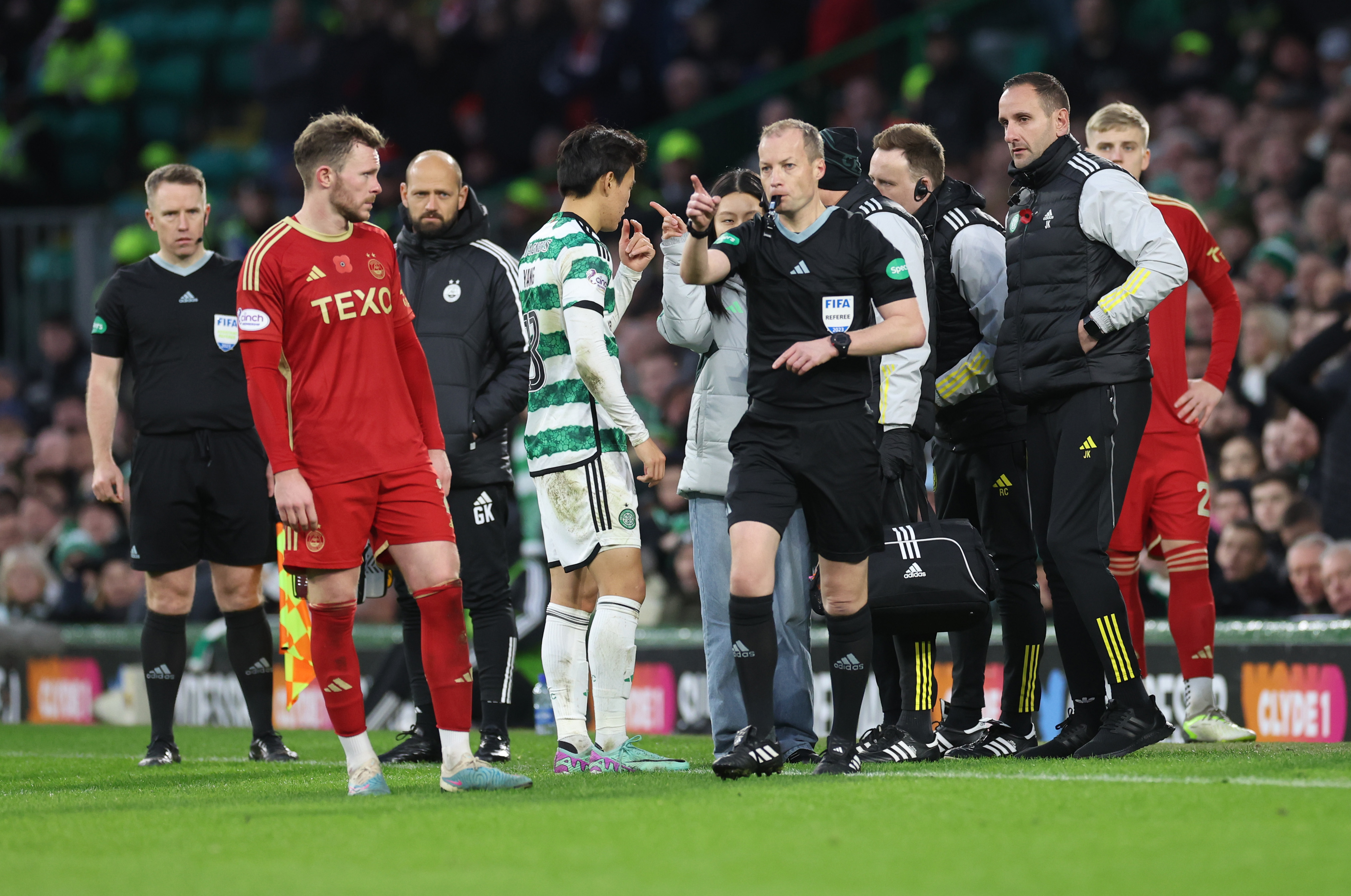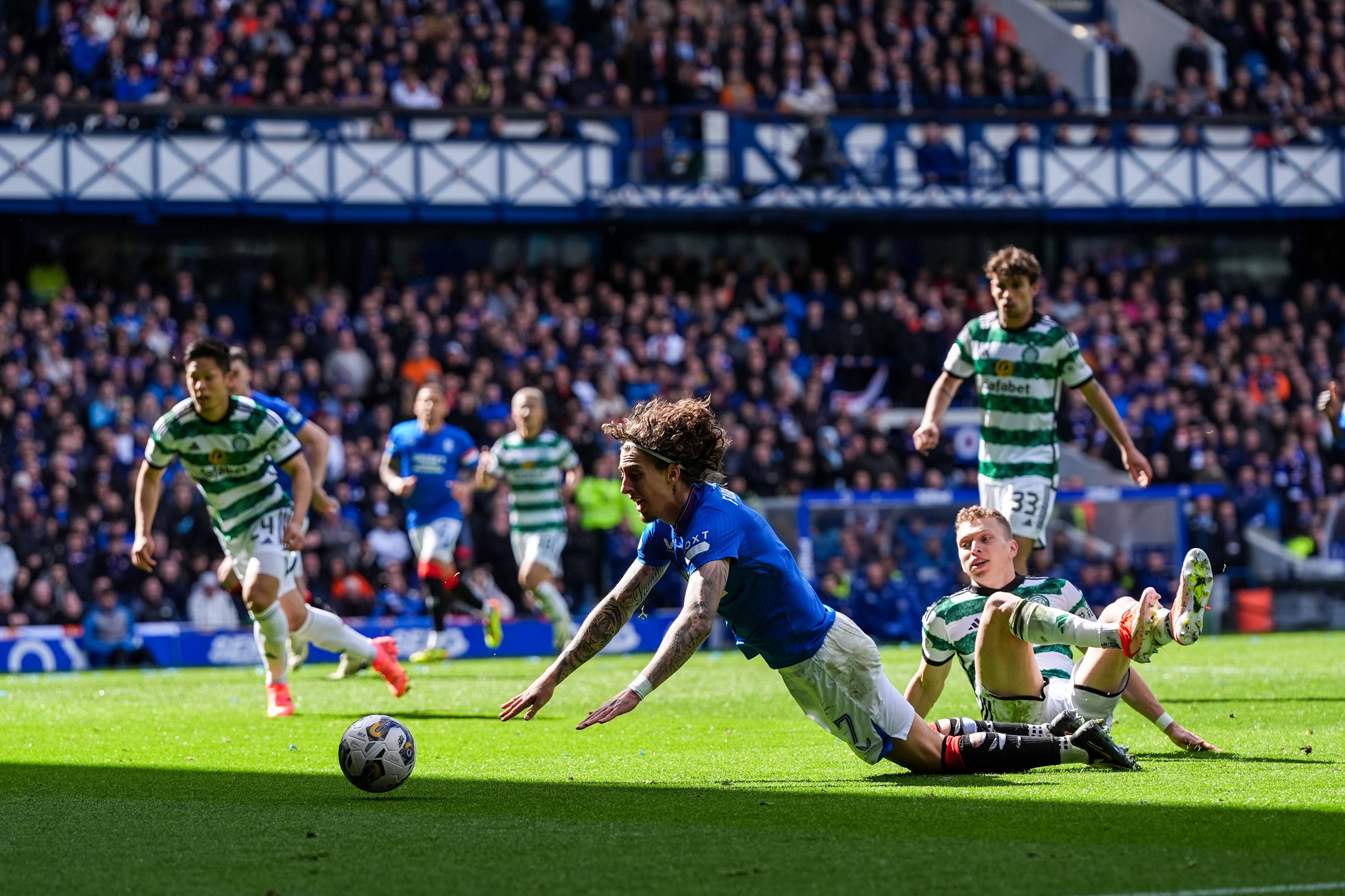Aberdeen has issued a strong statement regarding VAR in Scotland following discussions with the SFA. Despite facing a challenging season, the club has encountered several contentious decisions, such as the late challenge on Duk in the League Cup Final, handball incidents at Ibrox, and penalty calls in the Hibs game.
Their latest statement came after Bojan Miovski’s goal was disallowed in the closing moments of their match against Livingston. Released on their website, Aberdeen expressed dissatisfaction with the quality of VAR in Scotland and criticized the technology.
The statement highlighted the disallowed goal incident involving Bojan Miovski and detailed a recent meeting with the Scottish FA. The club revealed that they were provided with transcripts related to the disallowed goal and pointed out that the Hawkeye system failed during the lead-up to Miovski’s goal. This failure meant that VARs couldn’t rely on calibrated lines to determine offside accurately. The Scottish FA has initiated an investigation into this failure, acknowledging the challenging position it placed their officials in.
Furthermore, the statement mentioned that VARs resorted to using a freeze frame to assess Angus MacDonald’s potential offside position during the free kick taken by Leighton Clarkson. This action was within the VAR protocols but raised concerns about the overall effectiveness and reliability of VAR in Scottish football according to Aberdeen’s viewpoint.

“The Scottish FA accepted there is no conceivable way the VAR could tell definitively the deepest position of Livingston midfielder Daniel McKay’s body, because from the only angle available – the 18-yard box camera on the Main Stand side – the lower half of McKay’s body is completely obscured from view, blocked by other players. Even if his full body was visible, it’s impossible to determine who was closest to the goal line with no on-pitch ‘markers’.
“Therefore, it was acknowledged by all in attendance at the meeting that the VARs had to effectively guess on what that position might have been based on the limited information available to them, and that was the basis on which to overrule the on-field call of the assistant referee, who did not raise his flag. It is our strong belief that in such an instance, and for the integrity of the game, the match officials should stick with their original on-field decision without the strength of evidence to overturn that and essentially re-referee the passage of play.

“This course of action was chosen ahead of asking the referee, himself, to look at the freeze frame and make a determination, which is permitted under the protocols when it’s a matter of opinion rather than factual, or more appropriately, in absence of a definitive outcome from the camera, sticking with the on-field decision, and giving the benefit of the doubt.
“What this situation demonstrates, in our opinion, is that the version of VAR that Scottish football has, or more accurately, can afford, is not suitable for the purpose in which it is intended. It perfectly highlights the limitations in the technology, the inappropriate implementation, the consistency of decision-making, and the negative impact on the overall experience for the match-going supporter.
“This is, of course, not an issue that we believe is in any way exclusive to Aberdeen FC. We are not being partisan because we believe a decision, or at least a process, has not been at all effective at the weekend. We acknowledge there have been occasions where we ourselves have been fortunate to have benefitted from some of the observations and limitations raised.
“The Scottish FA, with the help of the SPFL (via the Competitions Working Group), have an on-going review of the use of Video Assistant Referees within Scottish football. Aberdeen FC is committed to playing an active role in those discussions and will work with all stakeholders to try and improve the output because, at the moment, we do not believe VARs presence is enhancing the game in this country.”
The statement is quite remarkable from Aberdeen and comes just weeks after Brendan Rodgers made comments about the standard of refereeing in the country. The Celtic manager essentially made the claim, as Aberdeen have, that games were being refereed and was charged by the SFA, resulting in a one-match ban for his comments.

The topic of re-refereeing becomes relevant again when discussing Celtic’s recent 3-3 draw with Rangers at Ibrox, specifically focusing on John Beaton being instructed to review an incident involving Fabio Silva’s alleged dive in the Celtic box. Despite Beaton having a clear view of the incident, VAR official Nick Walsh advised him to check the monitor. However, the footage shown to Beaton during the review did not capture important aspects like Alistair Johnston’s contact on the ball or Silva’s movement before going down.
While Aberdeen has already addressed their concerns with the SFA and shared the outcome of their meeting in a detailed statement, there’s anticipation regarding the outcome of Celtic’s discussions with the SFA regarding the contentious decision that favored Rangers during the weekend match. Fans are eager to learn about the depth of this meeting and how it unfolded, similar to Aberdeen’s situation.
Aberdeen FC felt the need to communicate with supporters following their recent match against Livingston, where Bojan Miovski’s late goal was disallowed due to VAR intervention.
GET MORE NEWS HERE

Leave a Reply